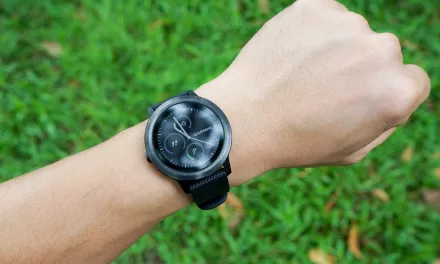August 7, 2024 – A recent study has revealed a troubling gender bias in pain management within emergency rooms, indicating that female patients are consistently less likely to receive pain medication prescriptions compared to their male counterparts with similar complaints. This study, led by Professor Shoham Choshen-Hillel and Mika Guzikevits from the Hebrew University, highlights significant disparities in how pain is treated based on sex.
The research showed that female patients are prescribed fewer pain relief medications than male patients, even after accounting for variables such as pain levels, age, medical history, and complaint type. This systemic issue suggests that women’s pain is not taken as seriously or treated as aggressively as men’s pain.
By analyzing electronic health records from American and Israeli healthcare systems, the researchers found that female patients discharged from emergency departments are less likely to receive treatment for pain complaints compared to male patients. The study revealed that female patients are less likely to receive a prescription for any type of analgesic medication, including both opioids and non-opioids.
The bias was evident across different pain scores and age groups, with female patients receiving fewer analgesics from both male and female physicians. Additionally, female patients tended to stay an additional 30 minutes in the emergency department, and their pain scores were 10% less likely to be recorded by triage nurses.
In a controlled experiment involving 109 nurses, pain was rated as less intense if the patient was female rather than male, suggesting that the bias is driven by gender stereotypes.
“Our research reveals a troubling bias in how women’s pain is perceived and treated in emergency care settings,” said Prof. Choshen-Hillel. “This under-treatment of female patients’ pain could have serious implications for women’s health outcomes, potentially leading to longer recovery times, complications, or chronic pain conditions.”
The study’s findings call for a critical reassessment of pain management protocols to ensure equitable treatment of all patients, regardless of gender. Addressing these biases is crucial for improving women’s health outcomes and ensuring that pain management is based on patient needs rather than stereotypes.












